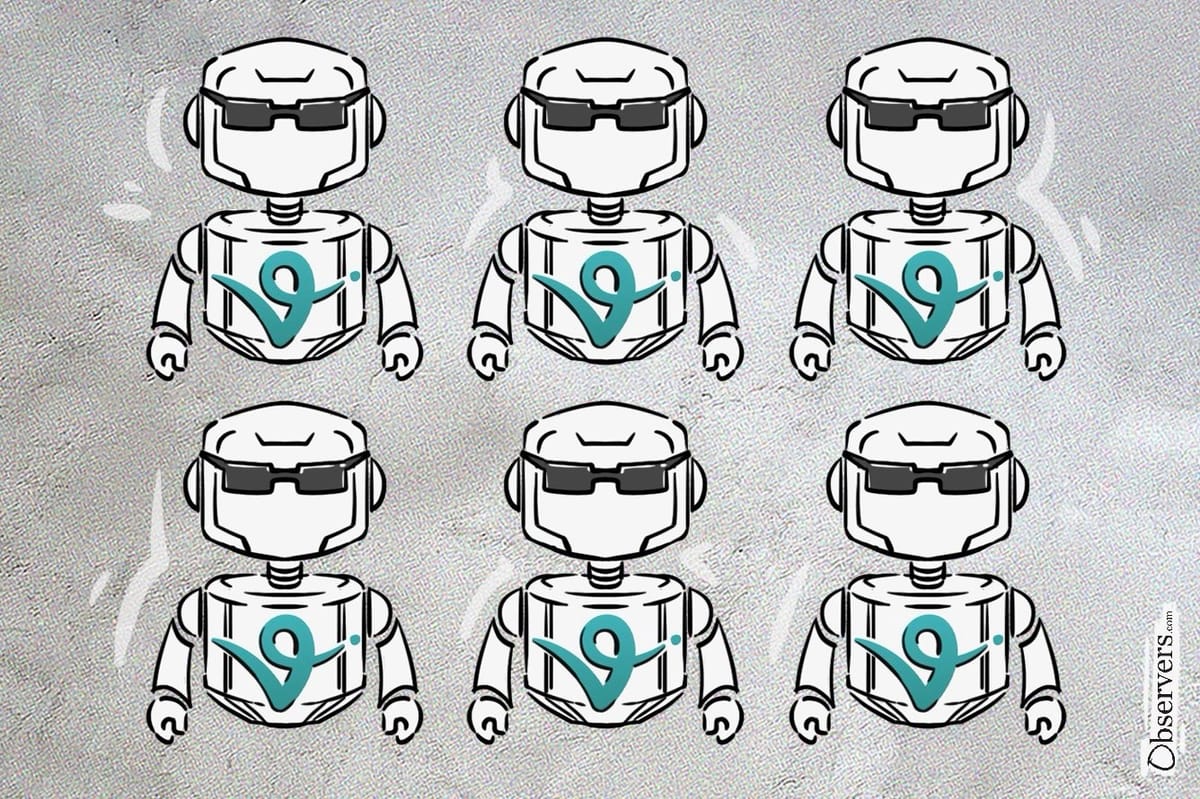
Back in April, Virtuals Protocol rolled out its new Genesis Launch platform for AI agents—a clear step up from its earlier, pump.fun-style approach. The previous system was fully open, which had its perks, but it led to a chaotic mix of serious projects and low-effort noise, making it hard for quality work to stand out.
“Too often, good projects get buried under low-signal noise. Cabals dominate supply, snipers drain early liquidity, and true contributors are left out of the story. Genesis flips that model.”
With Genesis, the system now rewards active contributors through a points-based model. These points aren’t given out randomly—they are earned by engaging meaningfully with the Virtuals ecosystem. That includes onchain activity, offchain coordination, and support for AI agents and their communities. Staking the $VIRTUAL token is another way to earn.
Once earned, points can be spent to get allocations in new launches. So far, the model seems to be working well—some recent projects have returned more than 10x on initial allocations. As a result, there is a growing demand for points, which has boosted both user activity and attention on the platform and its token.
Since the Genesis Launch went live, over 25,000 users have joined in. More than 30 million $VIRTUAL tokens are currently staked to farm points, and the token price has more than doubled in the last month.
The points-based engagement system bears a strong resemblance to models used in platforms like Binance Wallet, which also succeeded in driving user participation. Virtuals Protocol appears to be experiencing a similar effect.
At its core, Virtuals is a platform for launching AI agents on Ethereum Layer 2 blockchain, Base. It streamlines the process of building, deploying, and monetizing these agents by giving developers tools to tokenize and share in the revenue their agents generate.
Beyond simply launching agents, Virtuals also provides tools to help them function and grow. One of the more interesting tools it offers is something called GAME—a framework that gives agents the ability to plan and make decisions based on things like goals, personality, and what actions are available to them. It is meant to be flexible, so agents can use it in all kinds of environments—whether they are doing tasks inside a game or handling transactions onchain.
Each GAME agent consists of a Task Generator and one or more Workers. Agents are defined by their goals, descriptions (which reflect personality), and the roles and actions of their Workers. These elements guide how agents reason, create tasks, and take action.
Virtuals also built something called the Agent Commerce Protocol (ACP). It is a set of rules that lets AI agents work together, handle transactions, and function like small, modular businesses onchain. The idea is to make it easier for agents, not just to act on their own, but to actually collaborate with other agents and humans in a reliable, verifiable way.
Agents are already active across various platforms—taking on roles in games, streaming on TikTok, or engaging users on Telegram. Each interaction generates small fees (known as inference costs) that flow back into the protocol.
To represent ownership in an agent’s potential revenue, each is issued a fixed supply of 1 billion tokens, similar to equity shares. These tokens are traded in liquidity pools paired with $VIRTUAL. Instead of paying revenue directly to token holders, the protocol uses earnings to buy back and burn the agent tokens, reducing supply as the agent grows more successful.
Currently, the daily revenue generated by all agents on the platform is in the range of $150,000 to $200,000. Over 17,000 agents have been launched, with the most prominent one, aixbt, reaching a market cap of more than $200 million.
Even though the total revenue is still in early stages, the overall Virtuals ecosystem already holds a market cap of more than $2 billion. With the Genesis model gaining traction, there is a fresh wave of interest—and it is likely to bring even more users into the fold as AI agents become more accessible, powerful, and rewarding to build.

